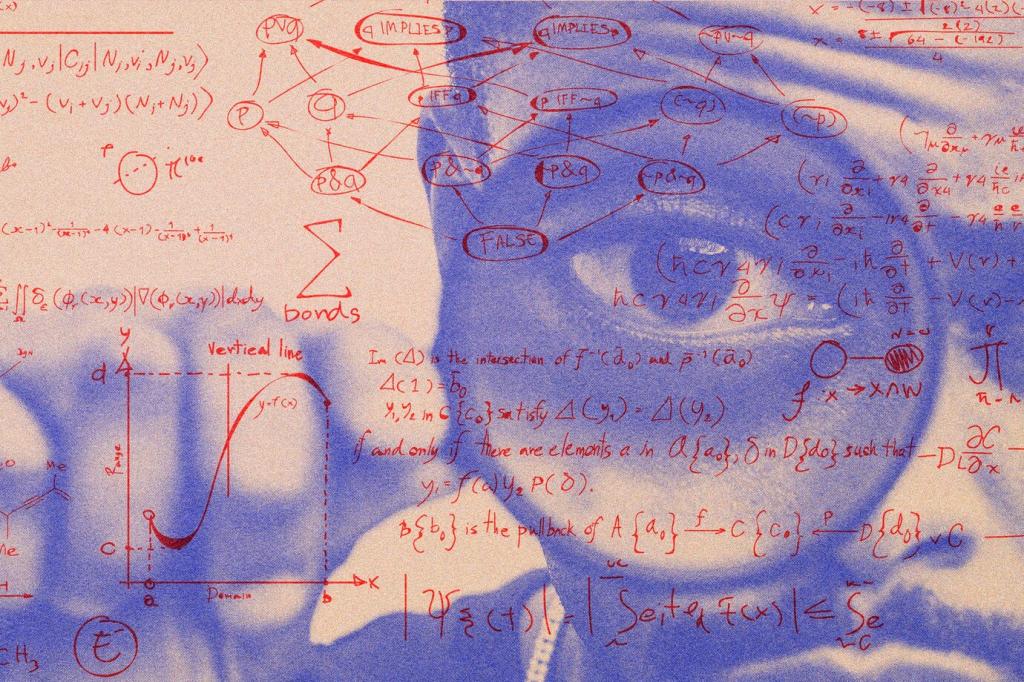This website uses cookies so that we can provide you with the best user experience possible. Cookie information is stored in your browser and performs functions such as recognising you when you return to our website and helping our team to understand which sections of the website you find most interesting and useful.

Einführung in die Quanteninformatik
Die Quanteninformatik ist ein revolutionäres Forschungsgebiet, das fundamentale Prinzipien der Quantenmechanik nutzt, um Informationsverarbeitung auf eine völlig neue Weise zu gestalten. Im Gegensatz zur klassischen Informatik, die auf Bits basiert, verwendet die Quanteninformatik Quantenbits oder Qubits, die erstaunliche Eigenschaften wie Überlagerung und Verschränkung besitzen. Diese Eigenschaften ermöglichen es Quantencomputern, bestimmte komplexe Probleme viel schneller zu lösen als klassische Computer. Diese Einführung bietet einen umfassenden Überblick über die Grundlagen, Schlüsselkonzepte, Anwendungsgebiete und Herausforderungen der Quanteninformatik. Wir betrachten dabei sowohl theoretische als auch praktische Aspekte, die zukünftige Technologien maßgeblich beeinflussen werden.
Grundprinzipien der Quanteninformatik
Quantenalgorithmen und ihre Bedeutung
Shor’s Algorithmus: Faktorisation und Kryptographie
Grover’s Algorithmus: Effiziente Suche
Quantenfehlerkorrektur und Stabilität
Hardware für Quantencomputer

Anwendungen der Quanteninformatik
Herausforderungen und Zukunftsperspektiven



